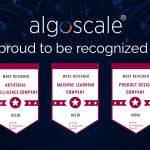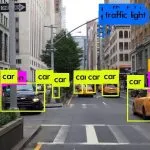Marketing, in today’s world, is a complex phenomenon. Owing to the vastness of options, every consumer seeks personalized experiences that resonate with them. Consequently, marketing professionals face the constant challenge of reaching and engaging their target audience effectively.
As per statistics, 80% of consumers are much more likely to interact and purchase from a company that offers a personalized experience.
But how can marketers personalize content to suit the exact needs and preferences of each consumer?
Enter machine learning—the game-changer in marketing.
Machine learning is a powerful tool that leverages user data to analyze their behavior and understand their preferences. This trove of information can help marketers improve their marketing campaigns. Did you know that companies like Amazon and Netflix are using machine learning to personalize their brand interactions and content recommendations?
Machine learning helps to make sense of the vast amount of data generated and make data-driven decisions with precision. By leveraging advanced algorithms and computational power, machine learning has the potential to revolutionize the way marketing campaigns are designed, executed, and optimized.
In today’s blog, we will understand all about machine learning for marketing and how it can revolutionize marketers’ efforts.
Understanding Machine Learning in Marketing
Machine learning (ML) is a field of AI that enables machines to learn and improve independently without any human intervention. In marketing, ML analyses the vast amounts of data generated to gather useful insights into consumer behavior, identify patterns, and make predictions.
It is seen that marketing teams are responsible for several aspects of their organization’s strategy, from product development to even determining the appropriate pricing. This complexity often makes it challenging to determine which activities will have the maximum impact on revenue generation. With ML, marketing teams can obtain a deeper understanding of the customers and take actionable steps based on the insight.
Let’s take an example.
Let’s say an eCommerce platform decides to use machine learning for marketing. They train a model that analyses all customer data and predicts which customer segment is most likely to convert. Marketers can use this information to send targeted emails or place tailored ads in particular channels to those customers. This will enable them to secure a higher average order value and grow revenue over time.
Moving on, marketing teams are also responsible for developing consumer personas and crafting effective messages based on those personas. However, most times, it is difficult to gauge the accuracy of these consumer personas. Marketers cannot be sure if they are doing it correctly and how different consumer groups will respond to the same marketing messages.
With ML, marketers can get several insights into customer characteristics. Based on these characteristics, they can segment the customers and strike relevant communications with them. This will make the users much more responsive and engaged with your brand.
The result of all of this is more effective marketing that can help to improve your company’s growth and revenue.
Applications of Machine Learning in Marketing
Now, let’s understand the most practical applications of machine learning in marketing. These applications will help you identify how you can leverage this transformative technology to improve your business outcomes.
- Predictive Recommendations
Recommendation systems have become a critical aspect of marketing campaigns nowadays. These systems can help to surface information that a user may enjoy. For instance, with these systems, a user can find out which movie/music he would like based on his likings and preferences.
Example:
The best example of predictive recommendations is demonstrated by Netflix. The company uses machine learning to predict what each user might want to watch next. Netflix’s AI system analyses users’ historical data to make the most relevant recommendations.
As per statistics, Netflix’s revolutionary recommender engine likely saves the company $1 billion each year through higher customer retention and decreased attrition. - Churn Prediction
Another fundamental application of machine learning in marketing is churn prediction. The technology enables marketers to analyze customer data to identify patterns and predict which customers are most likely to churn.
Example:
Spotify, the music streaming giant, leverages machine learning to carefully assess every customer profile, including their demographics and past behavior. Based on this, the company predicts the customers that are likely to churn next. Consequently, it takes the appropriate action to win those customers back. For instance, it offers incentives such as discounted subscription rates to improve retention and increase customer lifetime value. - Lead Scoring
Lead scoring is the process of anticipating leads that are most likely to convert. It is a long and drawn-out process that involves sales and marketing teams manually sorting and reviewing thousands of leads each month to identify the most high-quality ones. However, with machine learning, sales teams can automate the process and automatically detect the most promising leads. Thus, they can prioritize their time and resources to convert those leads and enhance the team’s overall productivity.
Example:
One company that is using machine learning for lead scoring is Salesforce. A leading customer relationship management (CRM) platform, Salesforce uses an AI-powered feature called Einstein Leading Scoring. It employs machine learning algorithms to analyze vast amounts of data and predict the likelihood of leads converting into customers.
It assigns a score to each lead, indicating its potential value and likelihood of conversion. This helps sales teams prioritize their efforts by focusing on leads with higher scores, increasing their efficiency in closing deals. - Content Optimization
Content optimization is another crucial application of machine learning in marketing that enables marketers to boost the effectiveness of their content. With machine learning, marketers can better understand customer behavior and preferences. Consequently, they can tailor their content for maximum engagement.
Example:
The New York Times has taken complete advantage of this machine learning capability to analyze user data such as search history and reading behavior. Based on this, they personalize the content that every user sees on their website, thereby maximizing user engagement and retention. - Customer Segmentation
Customer segmentation is the process of categorizing the customer into different groups based on different characteristics such as purchase patterns, behaviors, and demographics. This process enables marketers to market the products or services to each group more effectively. And with machine learning, customer segmentation can be automated.
Example:
Coca-Cola uses machine learning algorithms to execute automatic customer segmentation and create targeted ad campaigns for different age groups. The company carefully analyses customer data from sources such as social media to detect patterns and create personalized campaigns for each segment of the audience. - Email Marketing
Another important application of machine learning is to create tailored email campaigns based on customer behavior, such as browsing history and purchase patterns. Based on the insights, marketers can optimize their emails to boost open rates, click-through rates, and deliverability.
Example:
Mailchimp is a popular email marketing platform that leverages machine learning to optimize email campaigns and improve their effectiveness. Its ‘Predicted Demographics’ feature utilizes ML algorithms to analyze subscriber data and predict demographic information such as age, gender, and interests. This enables marketers to segment their email lists based on these predicted demographics and tailor their email content accordingly.
The company also analyses engagement metrics, such as open rates, click-through rates, and conversion rates, to identify patterns and predict the best time to send emails to maximize engagement. - Sales Forecasting
Sales forecasting involves analyzing historical data and market trends to predict future sales. Many companies have been using machine learning for sales forecasting and making informed sales and marketing strategy decisions.
Example:
As one of the largest eCommerce companies in the world, Amazon relies heavily on accurate sales forecasting to manage inventory, optimize pricing, and plan for future demand.
The company leverages machine learning algorithms to analyze vast amounts of historical sales data, taking into account factors such as product attributes, pricing, seasonality, and customer behavior. These algorithms can identify patterns and trends to make accurate predictions about future sales volumes.
Case Study: Machine Learning to Generate Personalised Ads at Scale
One of our clients, a leading US-based ad agency, wanted to analyze existing ads and videos to detect new patterns of customer preferences. At the same time, the client wanted to speed up the ad generation process by automating the content and developing highly targeted advertisements.
Algoscale developed a 360-degree solution by implementing the Shapely Additive exPlanations (SHAP) model to analyze the ads and generate meaningful insights. We also used Generative Adversarial Network (GAN) to automate content for advertisements. This resulted in the optimization of ad campaigns with personalized ad copy and media that enabled greater productivity.
Read to know more.
Preparing for the Future: Actionable Steps to Boost ROI and Customer Engagement
To boost ROI and customer engagement, you must leverage the incredible power of machine learning in the following ways:
Begin with gathering all the relevant customer data from various sources. This will include customer interactions, purchase history, website behavior, and social media engagement. Consolidate all this information into one unified data warehouse for quick and streamlined accessibility.
Next, implement predictive analytics using machine learning development services. This will help to analyze historical data and detect trends and patterns. Build predictive models to predict customer behavior, such as churn prediction, the likelihood of purchase, etc. Use these insights to adequately optimize your marketing strategies.
You can also leverage machine learning to create personalized experiences for customers. Develop recommendation systems that suggest relevant products or content based on individual preferences and behaviors.
Lastly, you must continuously learn and adapt. Machine learning models should be regularly evaluated, refined, and updated as new data becomes available. Continuously monitor and assess the performance of machine learning algorithms to ensure accuracy and relevance.
How Algoscale Can Help?
Algoscale is one of the leading machine learning companies that can help you build and deploy ML models to provide actionable insights. We utilize the latest machine-learning techniques to develop novel algorithms and explore new applications of this incredible technology. Our skilled team of data scientists, ML engineers, and researchers possess in-depth knowledge and expertise in the field.
We have collaborated with many prominent companies and helped them with our impactful AI solutions. Get in touch with us today to explore how you can utilize machine learning to streamline your marketing activities.












